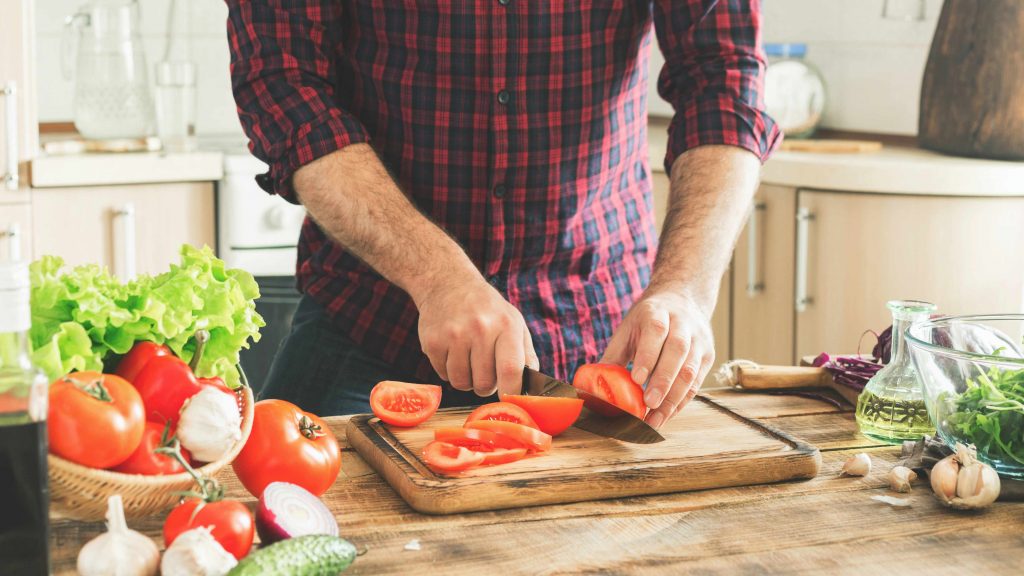-
Mitigating risk of hand injuries during COVID-19

The COVID-19 pandemic has resulted in another type of patient coming to the emergency departments.
Dr. Sanjeev Kakar, a Mayo Clinic orthopedic surgeon, says as a result of stay-at-home guidelines that have kept many adults and children home, there’s been an increase of patients with injuries from household accidents, including more kitchen knife cuts and lacerations, table saw accidents, lawn mower and tool mishaps, and gun injuries that are typical for this time of year.
While not all of these injuries are specific to the hands and fingers, hand injuries can be devastating and take a very long time to heal.
The hand is an intricate organ," says Dr. Kakar. "The issue there is when you have a hand injury, not only do you injure the skin, but we worry about critical structures such as nerves and blood vessels, and the bones and tendons. And they all work in a perfect orchestra, and when they’re injured, it can lead to devastating injuries not only in terms of the surgery but also the recovery. You’re looking at months and months of hand therapy."
Watch: Dr. Sanjeev Kakar talk about hand injuries
Journalists: Sound bites with Dr. Kakar are in the downloads at the end of the post. Please courtesy "Sanjeev Kakar, M.D. / Orthopedic Surgery / Mayo Clinic."
The goal is to get you back to normal function as much as possible, but sometimes that isn’t the case — and especially as we’re trying now as physicians to decrease patients coming into the hospital because we want to protect our patients," he says.
Dr. Kakar says coming to an emergency department may potentially expose patients to someone with COVID-19. "It may be that a patient comes in who doesn’t have any signs or symptoms or any contact with coronavirus, now they’re subjecting themselves to that increased risk."
"We really want to get the message to our patients in terms of think what you’re doing,” says Dr. Kakar. "Am I doing anything that’s putting me at extra risk, my family at extra risk, and also the health care providers that are taking care of me?"
Practicing good safety measures at home:
- Keep knives and sharp instruments safely away from children
- Don’t use dull knives – a dull knife can slip
- Use lawn mowers, power tools away from children
- Follow manufacturer's safety instructions when using power tools and machinery
- Be patient and take your time with projects
First-aid tips to care for minor cuts include:
- Wash your hands
- Stop the bleeding
- Rinse the wound with water
- Apply an antibiotic or petroleum jelly
- Apply a bandage, rolled gauze or gauze held in place with paper tape
In case of a medical emergency, call 911 for assistance.
Related post:
Mayo Clinic Minute: 4 tips to avoid ‘avocado hand’
For the latest updates on the COVID-19 pandemic, check the Centers for Disease Control and Prevention website. For more information and COVID-19 coverage, go to the Mayo Clinic News Network and mayoclinic.org.







